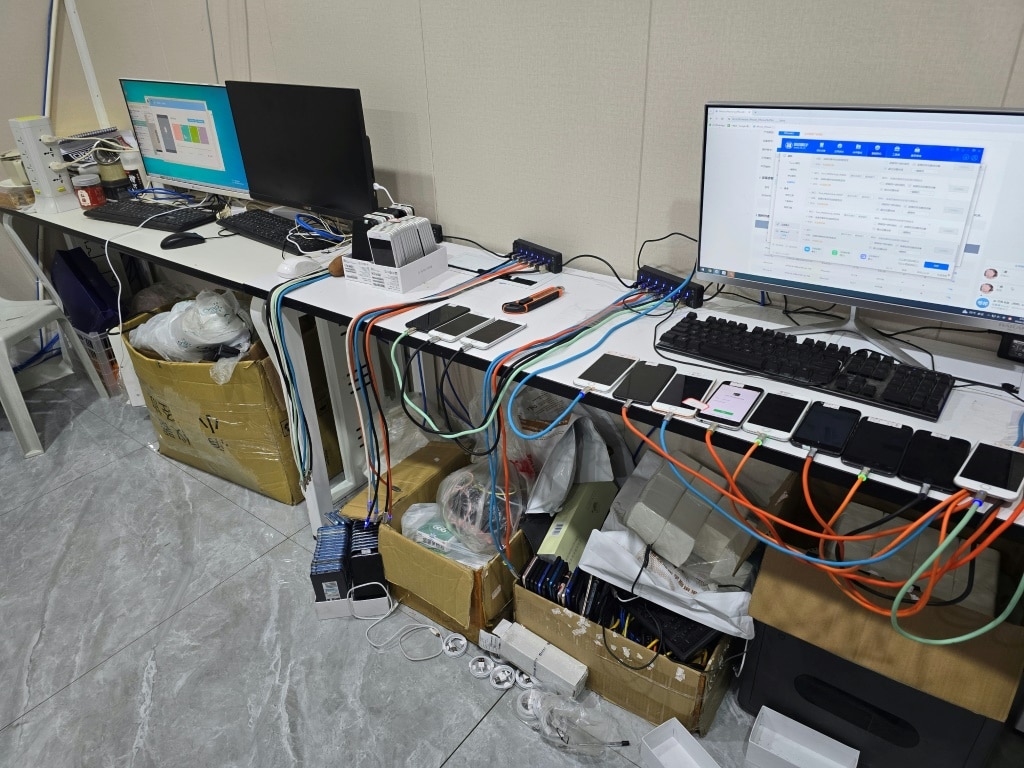How to avoid scams as AI prepares to flex its muscle
Just as AI threatens to turbocharge scammers’ attacks on Australians, a blast from the past has popped up again.

Are snail mail scams making a comeback?
Just as consumers everywhere are being warned that scammers are about to supercharge their evil actions with artificial intelligence that mimics our voices and video, I recently received an actual letter from overseas.
It wasn’t a Nigerian prince offering to share his millions – a letter many Aussies received in previous decades – but it was not far off.
It was a letter sent from France, from a bloke based in Barcelona, who claims someone with the same last name as me died in the catastrophic Haiti earthquake of 2010 and left behind 5.75 million euros ($A9.6 million).
This supposed long-lost relative of mine also had my name “written on a page inside his personal journal after his death”. Wow. All I have to do is email the Spanish bloke back and he will discuss the “successful completion of this transaction” to apparently send me my millions.
A letter these days seems a very quaint way to try to rip off people, given the barrage of scam attempts everyone receives almost daily via email, phone and the internet.

Perhaps letters may have some success because many younger people are not used to receiving them, but they lack the realism that modern scams project by impersonating government agencies and businesses.
These fake letters may be easy to spot, but soon AI will be regularly impersonating our parents, children and other relatives with realistic voice messages and video calls.
As AI enhances attacks, there is one golden rule that every consumer should follow to avoid being scammed.
Do. Not. Trust. Anything.
If anyone asks you for financial or personal details through any means other than in person – even if it’s family members – have a scam defence strategy in place.
For example, when AI-powered scams pretend to be family members needing an urgent money transfer, have some pre-prepared questions or codes that only true family members will know. Maybe discuss a shared previous holiday experience or details about a common friend.
And when you receive future photos or videos from loved ones asking for something personal or financial, do not trust it at first. AI will make it almost impossible to spot fakes, so the best defence is to be sceptical of anything unsolicited from anyone.
AI works both ways with scams, and Aussie financial institutions already are embracing its power to fight criminals.

Up and Bendigo Bank have been using AI analysis to look for behaviours common to fraudsters and to put risky transactions under extra scrutiny.
They also have removed links from SMS messages and boosted fraud prevention teams.
“We are using machine learning and exploring generative AI in ways to help,” say Bendigo Bank head of cards and payments Arun Devidas.
CommBank recently revealed its research had found one-third of Aussies had failed to spot a tax scam, even though nine out of 10 of us are confident we can detect them.
Now is the time to be extra vigilant as tax returns are in full swing and scammers love to try to impersonate the ATO with fake refund notices and fake threats.
In fact, everyone should be extra vigilant all of the time. Scammers have evolved from letters from Nigerian princes and dead overseas relatives, to text messages about tolls, bills and tax refunds, to impersonating family members.
AI will make their evolution scarier still, so trust nothing, and always double and triple-check.
More Coverage
Originally published as How to avoid scams as AI prepares to flex its muscle









